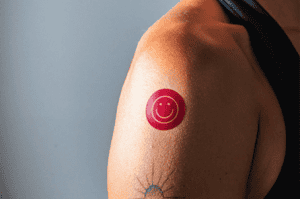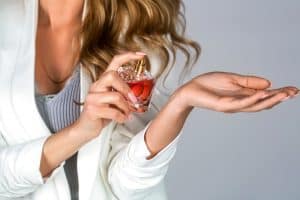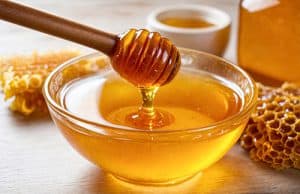Many Brits assume lip sun protection is only necessary during summer, but experts say UV damage can occur all year round.
SPF specialists, Ultra Violette, want to highlight the overlooked risks of sun exposure on lips and offer practical advice to keep lips healthy, plump, and protected, even in colder months or on winter vacations.
Ultra Violette are advocating for the importance of lip protection. Drawing on insights from leading skin health professionals, Dr Shreya Andric, board member of the Australasian Society of Cosmetic and Procedural Dermatologists (ASCPD), and Georgie Kurzyp, a registered nurse and skin health practitioner.
Ava Matthews, Co-Founder of Ultra Violette says: “It’s important to make sure that you’re not forgetting to protect your lips, especially if you’re in cold conditions, spending a lot of time outdoors or in the snow.
“The combination of dry air and UV exposure can dry them out, make your lips feel irritated and more prone to loss of collagen and plumpness. We recommend having an SPF lip balm like our Sheen Screen on hand all year round, especially when you are spending a lot of time outdoors in both summer and winter.”
Lips Are Vulnerable Due to Their Lack of Melanin
Unlike the rest of the face, lips have almost no melanin, the natural pigment that shields skin from UV radiation, and a very thin outer layer. “Because the lower lip receives more direct sun exposure, it’s particularly at risk for long-term sun damage,” explains Dr Shreya Andric.

Georgie Kurzyp adds, “UV radiation penetrates more deeply into lips than other facial skin. They’re exposed almost constantly, yet rarely protected, which makes them highly susceptible to dryness, chapping, and premature aging.”
Early Signs of Damage Are Often Mistaken for Dryness
Persistent flaking, rough patches, pale or mottled areas, and tiny crusted spots are early indicators of sun damage. People often assume these are signs of seasonal dryness, but both experts caution that they may signal actinic cheilitis, a precancerous condition.
“Chronic sun exposure accelerates collagen breakdown, leading to fine lines, thinning, and loss of lip volume,” Dr Andric says. “More seriously, repeated UV insult can increase the risk of squamous cell carcinoma, a type of lip cancer that requires prompt treatment.”
Experts Share Practical Advice for Year-Round Lip Protection
The experts agree that simple daily habits can significantly reduce the risk of sun damage:
Reapply SPF frequently: Both Dr Andric and Georgie recommend reapplying SPF lip balm, such as Ultra Violette Sheen Screen, every two hours when outdoors, and more often after eating, drinking, or wiping the lips. Snow, water, and high-altitude environments increase UV reflection, making more frequent application necessary.

Choose protective formulations: Look for broad-spectrum SPF 30+ lip balms containing zinc oxide or titanium dioxide for sensitive skin, or chemical filters like avobenzone and octocrylene for lightweight daily wear. Ingredients such as shea butter, ceramides, lanolin, and hyaluronic acid help maintain moisture in colder, windier climates. Avoid products with menthol, camphor, or strong fragrances, which can worsen irritation.
Combine with other sun-safe measures: Wearing a wide-brimmed hat, seeking shade when possible, and limiting direct sun exposure further reduces the risk of UV damage.
“Most people don’t realise how delicate their lips are,” says Georgie. “Even short exposures can cause cumulative damage, which may not be visible until years later. Regular use of SPF lip balm is one of the simplest ways to protect them.”
The Bottom Line on Lip Sun Safety
The experts agree: lip protection is just as important as facial sunscreen, regardless of the season. With winter holidays, skiing trips, or everyday outdoor activities, winter sun can still pose serious risks to lip health.
By adopting consistent SPF habits, choosing effective formulations, and paying attention to early signs of damage, people can keep their lips healthy, hydrated, and youthful-looking.
Common Foods That Interfere With Medication — Pharmacist Reveals What to Avoid





